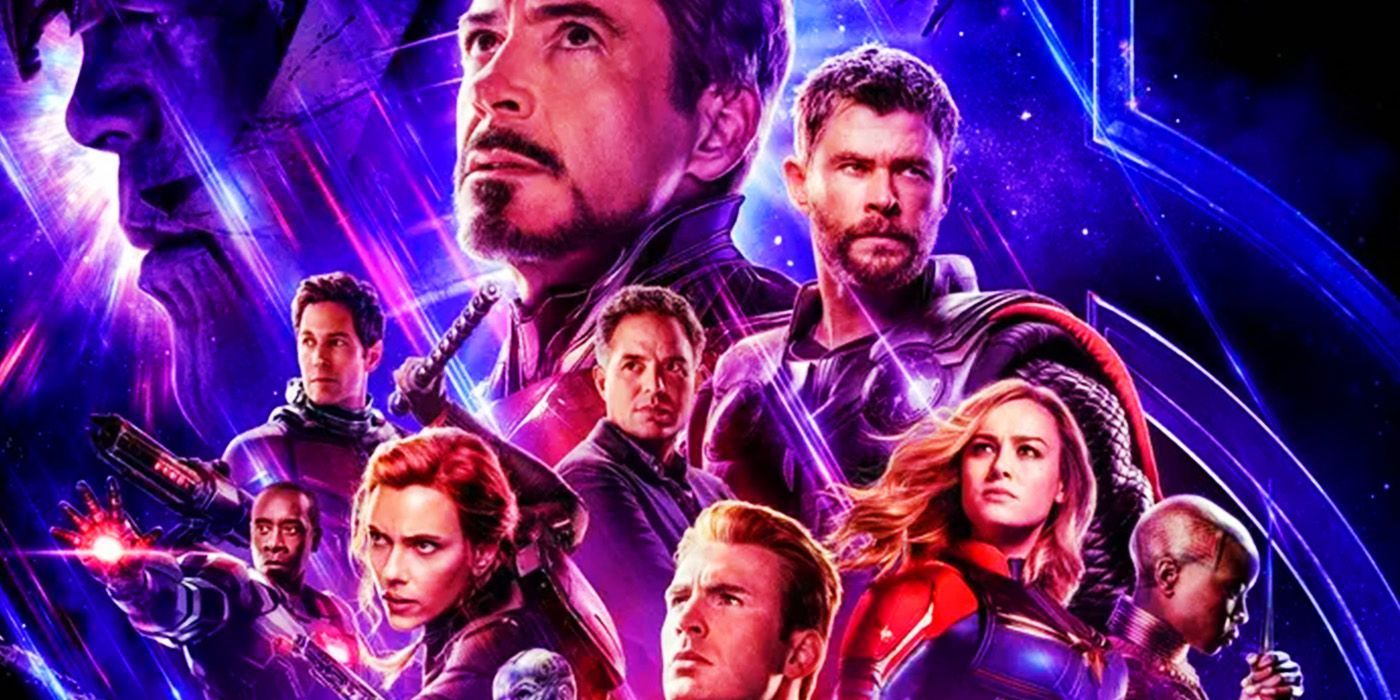
For nearly a decade, the Marvel Cinematic Universe stood out as the pivotal film series of the 2010s, ruling the box office with mostly favorable reviews. It all started with the unexpected success of Iron Man in 2008, which was followed by standalone films featuring Hulk, Thor, and Captain America. These individual projects eventually led to the monumental release of The Avengers in 2012, solidifying Marvel Studios’ place in cinematic lore through this bold crossover. Over the ensuing seven years, the MCU continued to delight fans with a mix of solo and team-up movies, most of which were financial successes.
Each of these thrilling tales maintained a unified narrative arc that culminated in an epic crossover with Avengers: Infinity War. The central antagonist, Thanos, initially made a brief appearance in The Avengers, only to assume a more prominent role in Guardians of the Galaxy. Furthermore, his objective—the acquisition of the six infinity stones—was gradually hinted at by incorporating these powerful gems into the stories of earlier movies. This gradual revelation created a palpable sense of anticipation leading up to Infinity War, as viewers had followed the potential power of singular infinity stones across years.
In essence, Thanos proved worthy of the anticipation that surrounded him. His unwavering determination transformed him into a captivating antagonist, despite his ambition being to eliminate half of the universe through the power of the Infinity Gauntlet. The movie, titled Infinity War, dared greatly by assembling nearly all the characters from the Marvel Cinematic Universe and expanding upon the groundwork already laid by the franchise. What made it even bolder was allowing Thanos to emerge victorious. This decision fueled the excitement for its successor, Avengers: Endgame, to unprecedented heights within the franchise.
Once more, Marvel successfully wrapped up its production with Endgame, which was widely praised by critics and earned a spot among the highest-grossing movies in history. To many viewers, the way it concluded the Infinity Saga and the storylines of franchise mainstays Iron Man and Captain America seemed like the end of an era for the Marvel Cinematic Universe itself. Spider-Man: Far From Home functioned as a postscript to this phase of Marvel’s storytelling.
After that point, the Marvel Cinematic Universe (MCU) has experienced decreasing profits, both in terms of critical acclaim and financial success. Notably, movies like “Spider-Man: No Way Home” and “Deadpool & Wolverine” have achieved similar levels of success as earlier Marvel films, but unfortunately, they are exceptions to the rule, with their popularity being fueled by nostalgia for characters that were popular before the MCU. Additionally, it was during this period that the studio started creating television shows for Disney+’s streaming platform.
Similar to the latest movies produced by the studio, these series have sparked controversy and many viewers find them overwhelming due to their quantity compared to when the franchise primarily focused on films. Notably, a recent report from The Wall Street Journal provides insights into Marvel Studios’ operations, supporting my idea that the perceived drop in quality is indeed connected to Disney’s need for content for streaming platforms.
In 2019, Disney Mandated Marvel Create New MCU Projects For Disney+
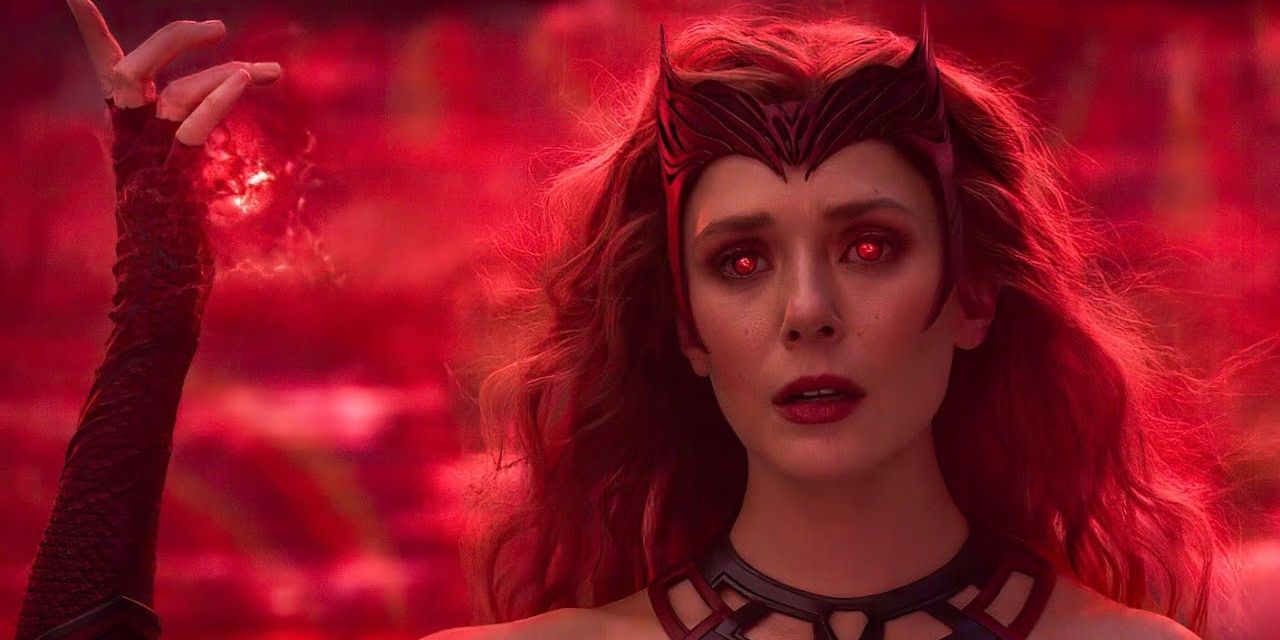
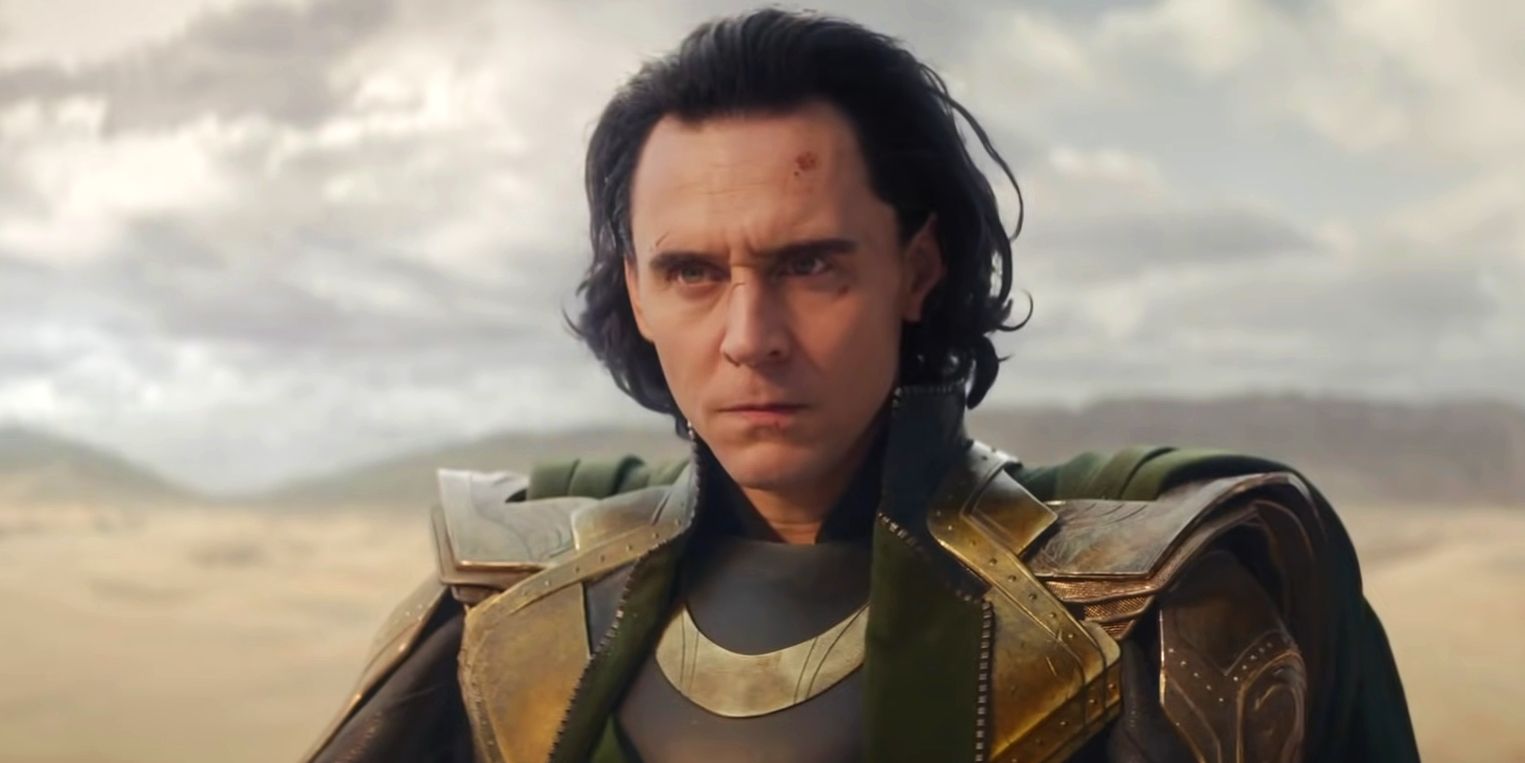
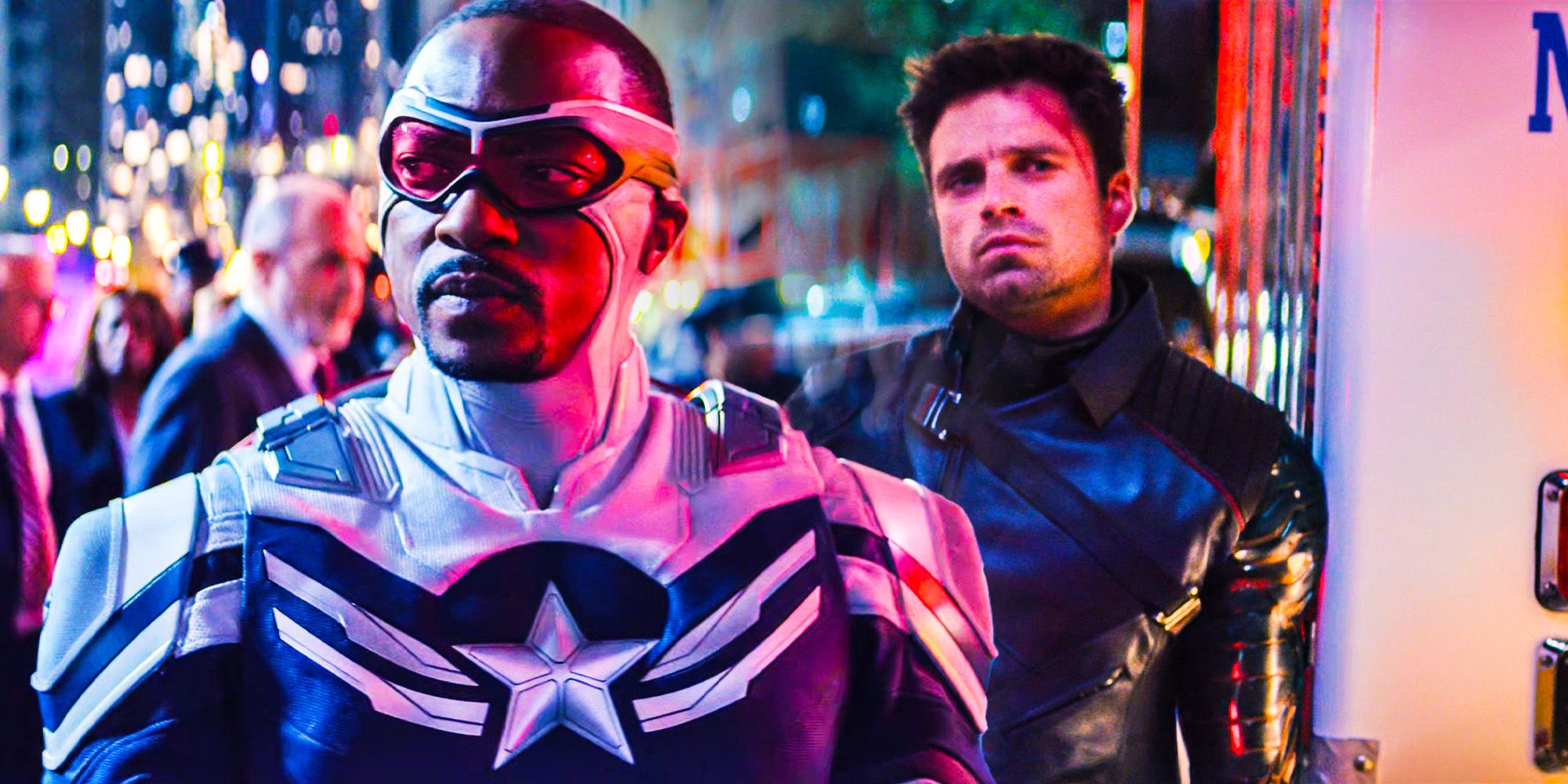
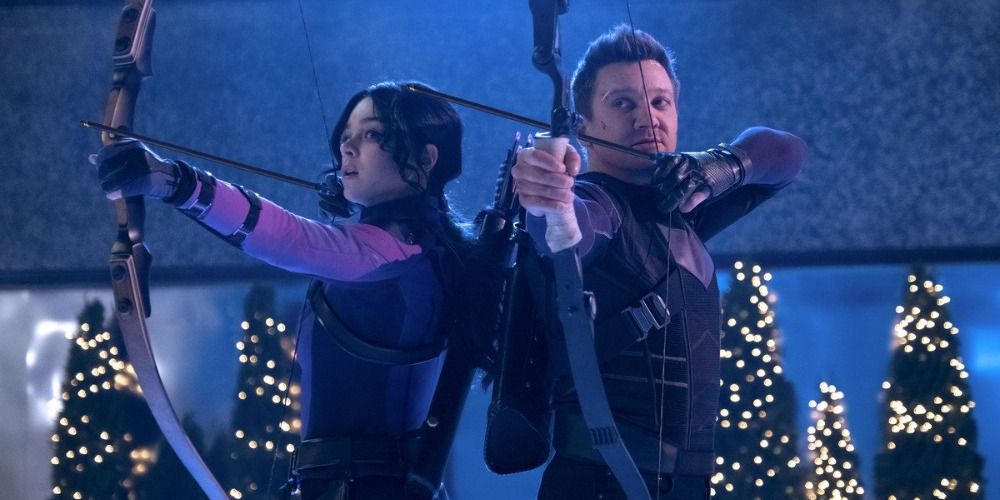
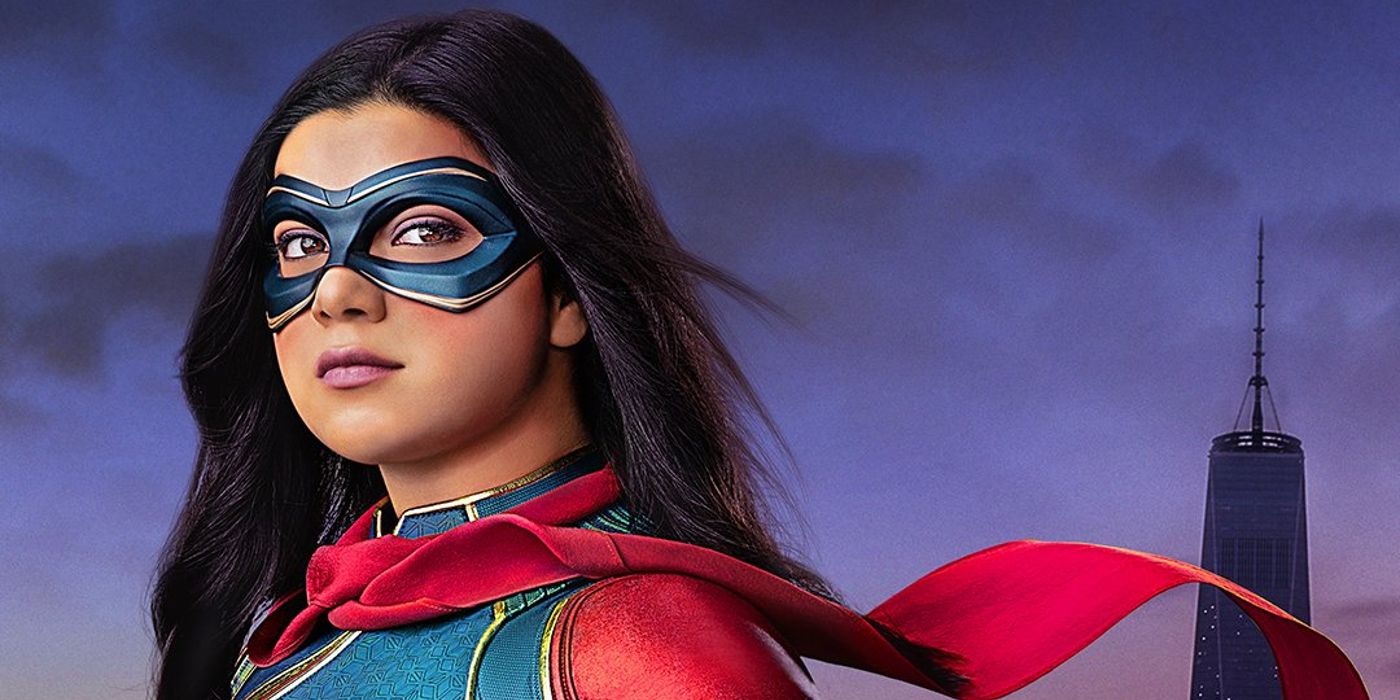
In the year 2019, Disney CEO Bob Iger aimed to accomplish something significant: the debut of Disney+. With ambitions to rival services like Netflix and other prominent streaming platforms, he envisioned a unique offering, featuring an exclusive collection of content from the company’s diverse brands such as Walt Disney Animation, Star Wars, and Marvel Studios. Consequently, the Marvel Cinematic Universe was tasked with transitioning onto television screens. The head of Marvel Studios, Kevin Feige, planned a series lineup based on characters from the movies, starting with “WandaVision” in 2021.
The Marvel Disney+ Shows Varied Wildly In Quality And There Were Too Many
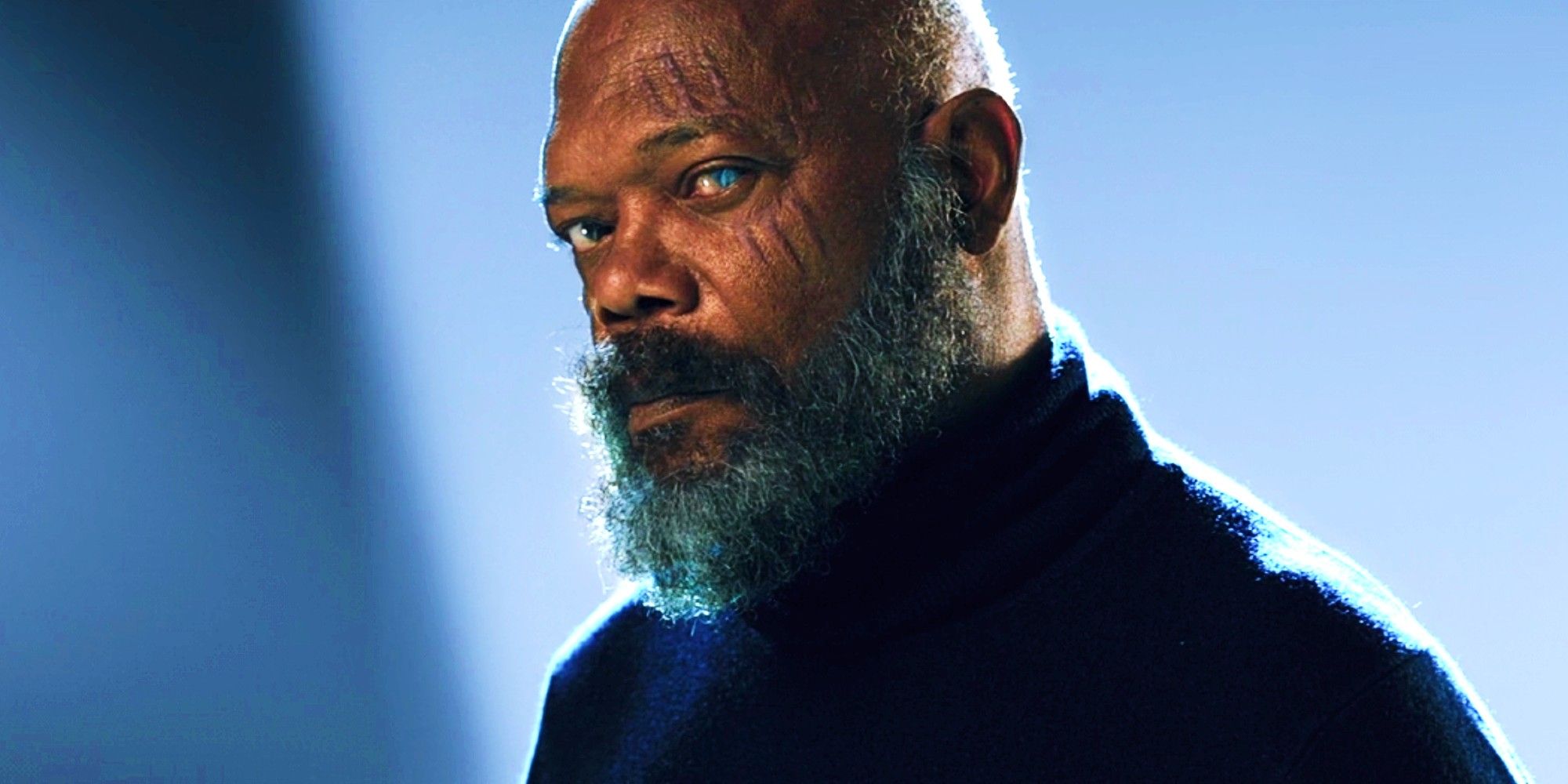
The shift in production from a handful of movies annually to several seasons of multiple episodes and films yearly has posed two main problems for the franchise’s management team: overseeing volume and maintaining quality. This is because the increased workload left less time for the decision-makers, such as Feige, to maintain close involvement with each film and television project.
| Disney+ Marvel Series | ||
|---|---|---|
| Show | Release Year | Rotten Tomatoes Score |
| WandaVision | 2021 | 92% |
| The Falcon and The Winter Soldier | 2021 | 85% |
| Loki | 2021 | 87% |
| What If…? | 2021 | 85% |
| Hawkeye | 2021 | 92% |
| Moon Knight | 2022 | 86% |
| Ms. Marvel | 2022 | 98% |
| She-Hulk: Attorney at Law | 2022 | 79% |
| Secret Invasion | 2023 | 53% |
| Echo | 2024 | 70% |
| Agatha All Along | 2024 | 84% |
| Your Friendly Neighborhood Spider-Man | 2025 | 97% |
| Daredevil: Born Again | 2025 | 87% |
| Ironheart | 2025 | TBA |
| Eyes of Wakanda | 2025 | TBA |
| Marvel Zombies | 2025 | TBA |
| Wonder Man | 2025 | TBA |
| Vision Quest | 2026 | TBA |
Due to these variations, the MCU encountered differing levels of acclaim for its offerings. On the film front, productions such as The Eternals didn’t strike a chord with viewers, while Shang-Chi and the Legend of the Ten Rings received only modest appreciation. Similarly, Marvel Television experienced ups and downs in public opinion, ranging from dismal (Secret Invasion) to exceptional (WandaVision). Even those productions that earned positive reviews didn’t always connect with audiences.
As a result, viewers gradually lost interest due to the overload. Although there were still some excellent parts in the Marvel Cinematic Universe (MCU), the lower-quality productions damaged its image, and keeping track of all the content became challenging. Consequently, “MCU burnout” or simply “MCU fatigue” emerged as a term to describe this phenomenon.
Disney’s Streaming Mandate Destroyed The MCU
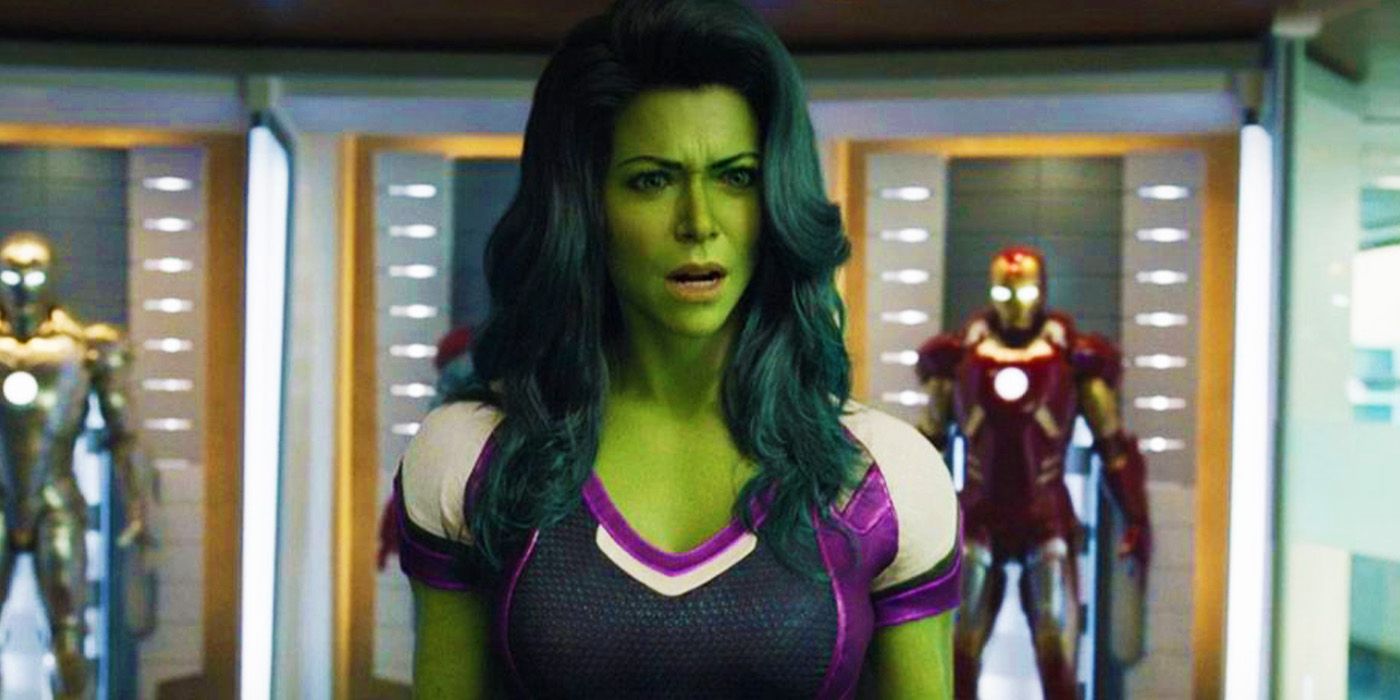
According to an article in the Wall Street Journal, Feige was under such heavy workload that several Marvel productions found it challenging to receive his feedback promptly. This predicament forced writers and producers to rush through significant changes, often with limited time. Although the Marvel Cinematic Universe (MCU) had previously dealt with reshoots, it started to gain a reputation for editing movies swiftly, a critique that was directed at films like The Marvels and Captain America: Brave New World.
In addition, projects lacked coordination which resulted in an overall chaotic feeling. Following post-credits scenes hinting at confirmed projects and returning characters, the post-Endgame Marvel Cinematic Universe gained a reputation for introducing reveals that led nowhere. For example, Harry Styles briefly appearing as Thanos’ brother. It appears that these unfulfilled hints are another manifestation of Marvel’s quality control problems; the days of a cohesive narrative seemed to have passed. Ultimately, the command from Iger and Disney leadership to extend the MCU into television primarily increased content but decreased quality.
I’m Hopeful Kevin Feige And Marvel Can Get The MCU Back On Track
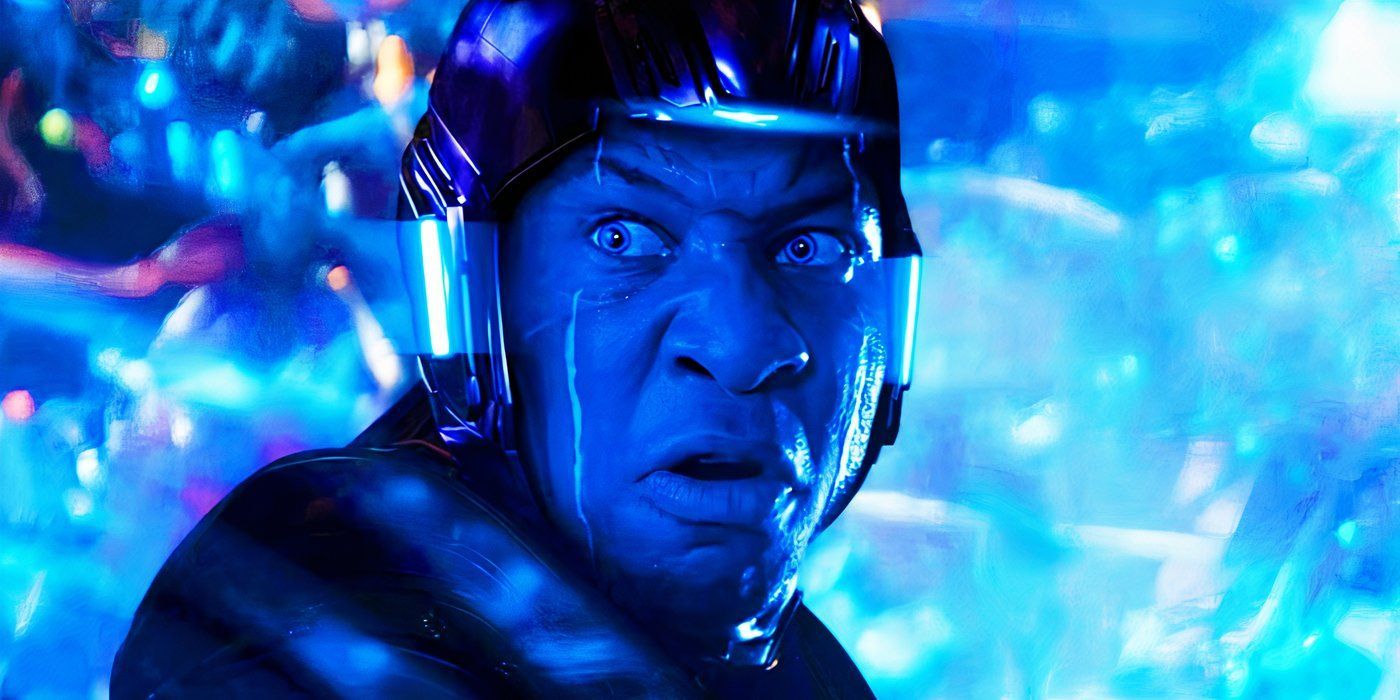
It is essential to consider the setback experienced by the MCU’s initial plan for the Multiverse Saga, which primarily revolved around Jonathan Majors’ character Kang. Originally, this phase of the franchise was intended to be centered on Kang, who made his debut as a variant of the villain in Loki season one. However, Kang himself didn’t appear until Ant-Man and The Wasp: Quantumania, which unfortunately did not perform well at the box office. Furthermore, Majors’ legal issues compounded this failure, and the underperformance of The Marvels only added to the flames.
Based on a report from the Wall Street Journal, it was at this point that the leadership of Marvel and Disney realized changes were necessary. As Iger stated, “An abundance, in our case, lessened quality—and Marvel has been significantly impacted by this.” Consequently, Marvel is reducing its television production output and refocusing on its films. These adjustments are only now manifesting in current releases because of the lengthy filming and editing procedures involved, but if the quality of “Thunderbolts” is any indication, this strategy could prove effective.
*Note: The comic book series “Thunderbolts” was used as an example to illustrate the potential impact of Marvel’s new focus on film production.
The success of the MCU hinges on regaining the interest of viewers who may have grown tired of it. The upcoming blockbuster, “Avengers: Doomsday,” must deliver to ensure the MCU’s continued existence. Introducing Robert Downey Jr. as Doctor Doom instead of Majors’ Kang is a daring decision, as is having Joe and Anthony Russo return as directors, similar to previous risky moves by Marvel. There’s potential for “Doomsday” and its sequel, “Avengers: Secret Wars,” to live up to fans’ expectations and become the epic spectacle they desire.
As a devoted fan, I can’t help but get excited about the buzz that suggests “Secret Wars” might pave the way for a soft reboot, with the spotlight shifting back to the X-Men. The extensive, intricate history of the Marvel Cinematic Universe is undeniable, but a timeline reset could solve the issue of keeping up with my “homework,” making it easier to follow along and potentially restoring some of its past brilliance.
Read More
- 50 Ankle Break & Score Sound ID Codes for Basketball Zero
- 50 Goal Sound ID Codes for Blue Lock Rivals
- Mirren Star Legends Tier List [Global Release] (May 2025)
- Jump Stars Assemble Meta Unit Tier List & Reroll Guide
- 28 Years Later Fans Go Wild Over Giant Zombie Dongs But The Director’s Comments Will Shock Them
- Lucky Offense Tier List & Reroll Guide
- League of Legends MSI 2025: Full schedule, qualified teams & more
- Stellar Blade x Nikke DLC: Full Walkthrough | How to Beat Scarlet + All Outfit Rewards
- Who Is Harley Wallace? The Heartbreaking Truth Behind Bring Her Back’s Dedication
- Unlocking The Dragons Last Breath Riddle in Enshrouded: Frustrations and Solutions
2025-05-05 18:30